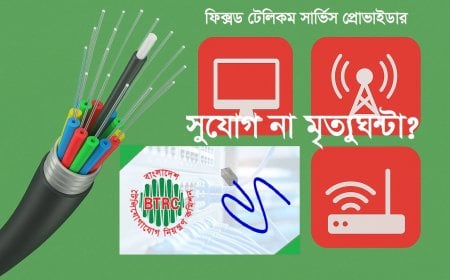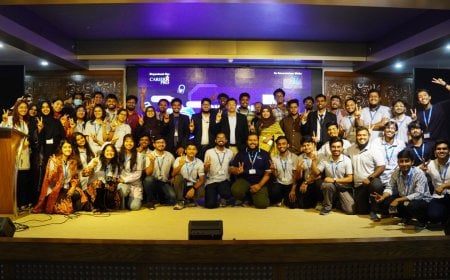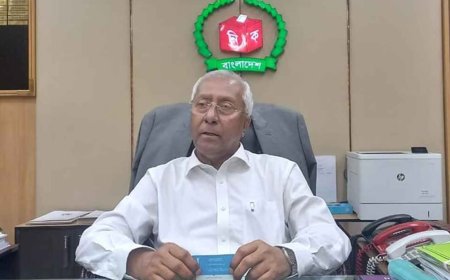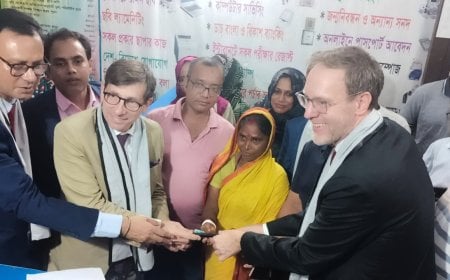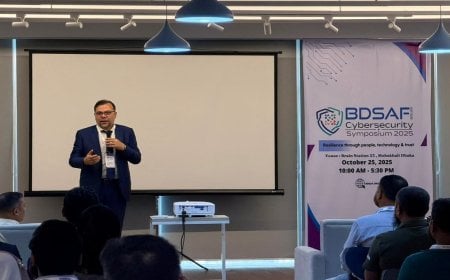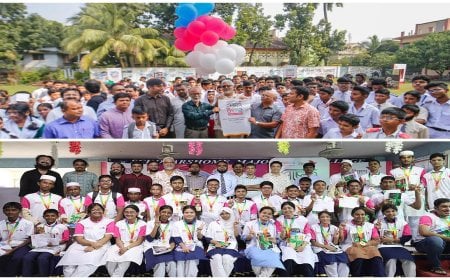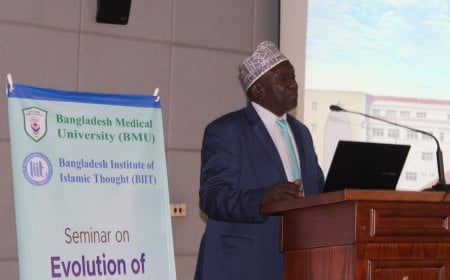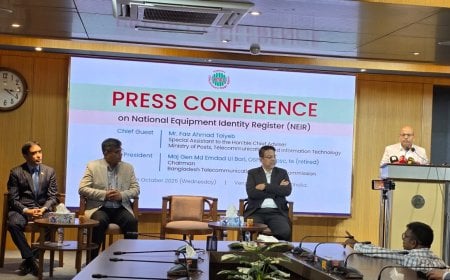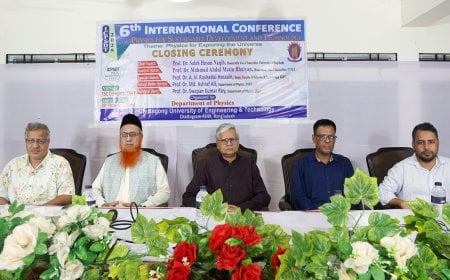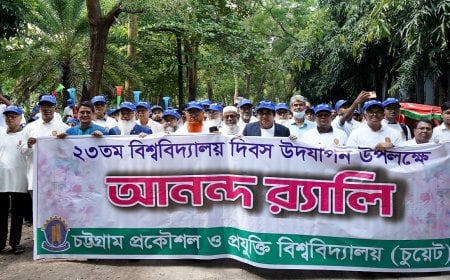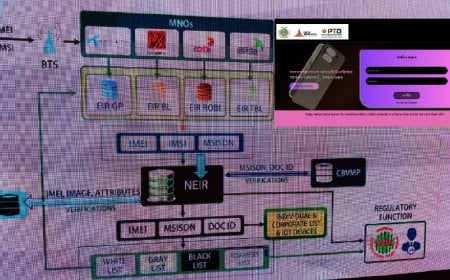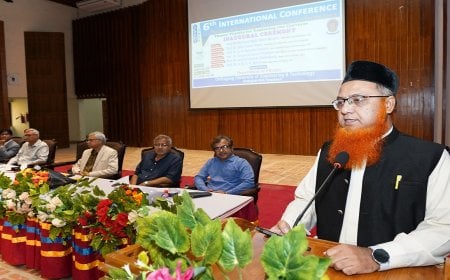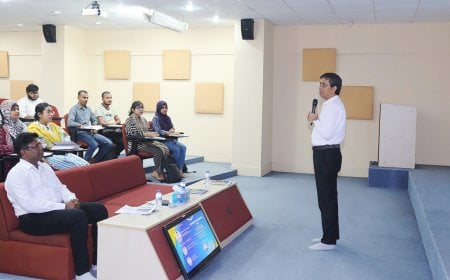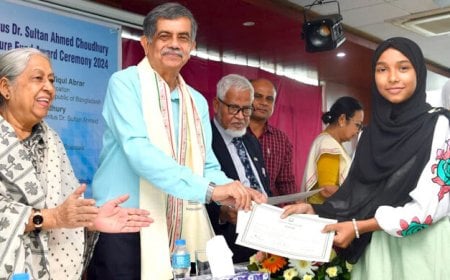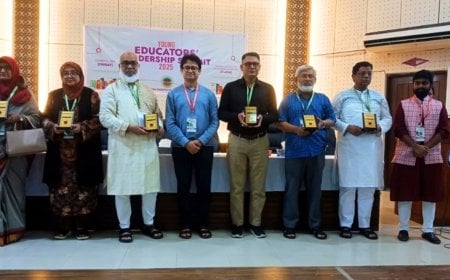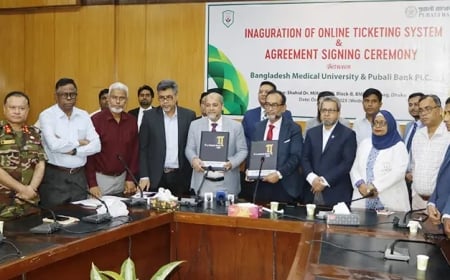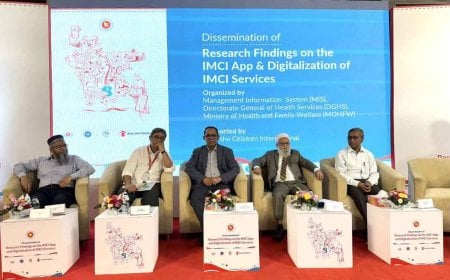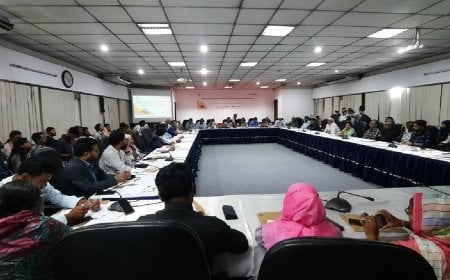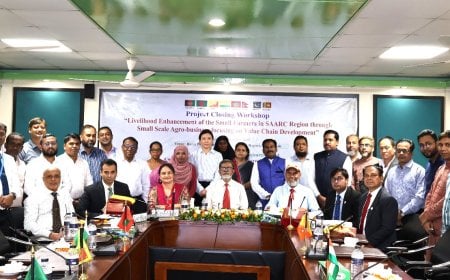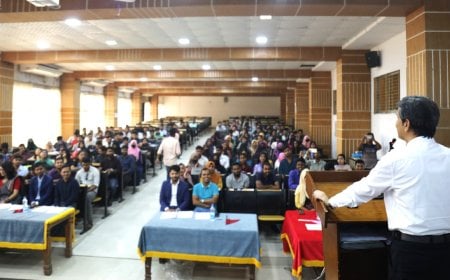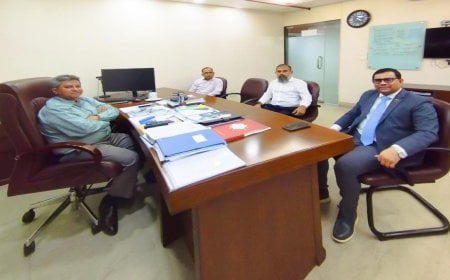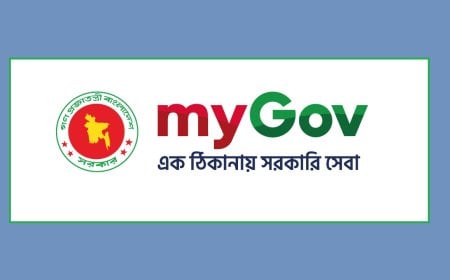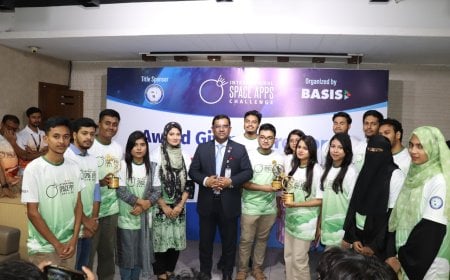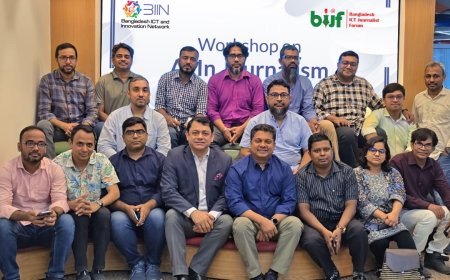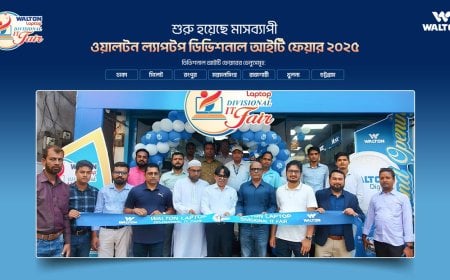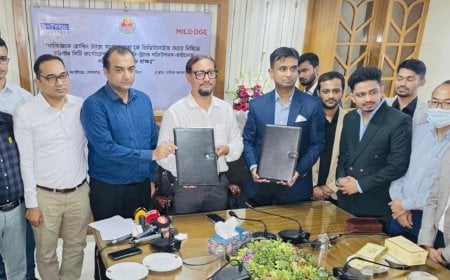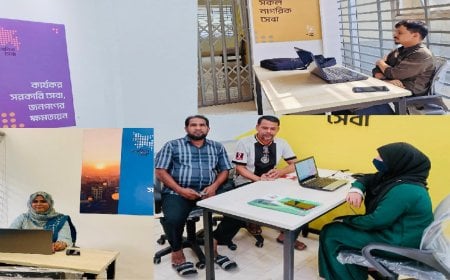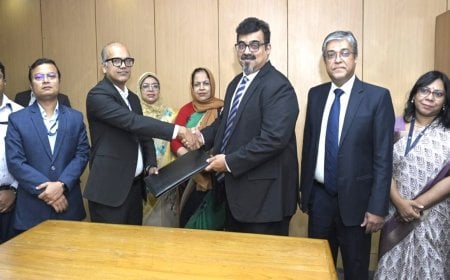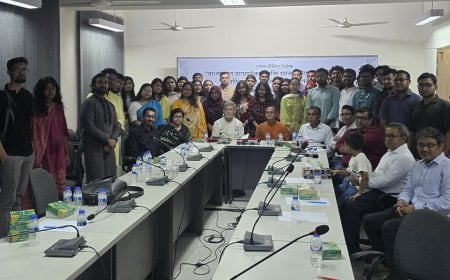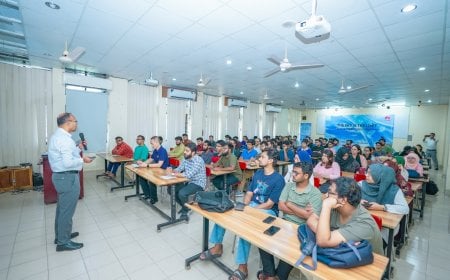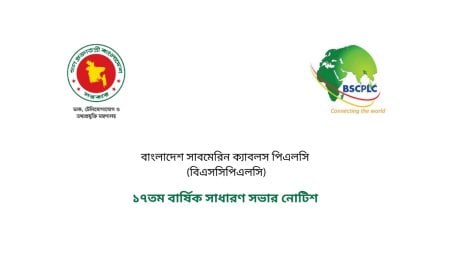ICDDR,B Introduces Innovative Child NCD Care Model in Bangladesh

The International Centre for Diarrhoeal Disease Research, Bangladesh (ICDDR,B) has launched a pilot initiative titled the ‘Child NCD Service Model’ aimed at preventing and managing non-communicable diseases (NCDs) among children. Within the first seven weeks of implementation, 385 children have already received services under the program, which has been deemed both feasible and acceptable by healthcare providers despite a few initial challenges.
Details of the pilot project were shared at an event held on Tuesday, July 1, at the Sasakawa Auditorium of ICDDR,B. The event was titled “Designing and Piloting an NCD Service Model for Children and Adolescents in Primary Healthcare Facilities in Bangladesh.”
The primary objective of the research was to identify priority NCDs among children within the Bangladeshi context and to develop a comprehensive service delivery model for their management.
Stakeholders have hailed this initiative as a landmark step in advancing national child health and public health policy. They emphasized that integrating pediatric NCD services into the national health system marks significant progress in achieving inclusive healthcare for children.
The project has been implemented by ICDDR,B in collaboration with the Noncommunicable Disease Control (NCDC) Unit of the Directorate General of Health Services (DGHS), with support from UNICEF Bangladesh.
According to the Global Burden of Disease Report 2019, over 2.1 billion children globally were affected by NCDs in 2017, resulting in nearly one million deaths. Bangladesh currently lacks reliable data on pediatric NCDs, reflecting a gap in research, treatment, and policy. While conditions such as rheumatic heart disease and sickle cell disease are prioritized by WHO's PEN-Plus strategy and are more prevalent in Sub-Saharan Africa, they are comparatively rare in South Asian countries.
Based on local health realities, the study identified six priority NCDs for children in Bangladesh—bronchial asthma, congenital heart disease, epilepsy, thalassemia, kidney disease, and type 1 diabetes. In 2024, Bangladesh developed its first national pediatric NCD treatment protocol, providing standardized guidelines for healthcare professionals.
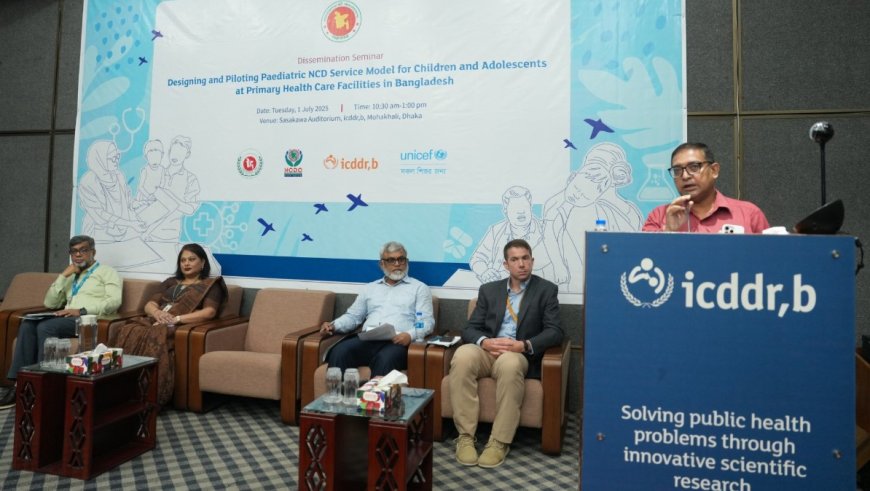
On February 10 this year, ICDDR,B initiated pilot services at 12 upazila health complexes in Kishoreganj and eight in Bagerhat, as well as two district hospitals, covering children aged 0 to 17. The initiative also identified key gaps in NCD management at the primary care level and developed training modules for doctors, nurses, SACMOs (Sub-Assistant Community Medical Officers), and community healthcare providers. Additionally, social and behavioral change communication (SBCC) materials were produced, a digital health platform was introduced for patient registration, and a monthly reporting system was established for each healthcare facility.
During the pilot phase, asthma was the most prevalent diagnosis (36.6%), followed by thalassemia and iron-deficiency anemia (27.5%), congenital heart disease (19.1%), epilepsy (13.6%), nephrotic syndrome (2.2%), and type 1 diabetes (1%). Around 8% of patients were referred to specialized centers for advanced care.
To ensure high-quality service delivery, more than 200 doctors, nurses, and SACMOs, and over 500 community healthcare providers (CHCPs) were trained. The initiative also received technical support from the Community-Based Healthcare (CBHC) and Management Information System (MIS) programs of the DGHS.
Despite some implementation-related challenges, the service model has been found both viable and acceptable by frontline healthcare providers. Lessons from this pilot are expected to inform a roadmap for scaling up child NCD services nationally. The initiative is set to contribute directly to achieving Bangladesh’s Universal Health Coverage (UHC) and Sustainable Development Goals (SDGs) related to child health and NCD prevention.
Speaking at the event, Prof. Dr. Syed Zakir Hossain, Line Director of NCDC at the DGHS, highlighted the importance of addressing non-communicable diseases and urged nationwide expansion of the project by addressing identified challenges.
Prof. Dr. Shah Ali Akbar Ashrafi, former Director of MIS and former Line Director of Health Information System and e-Health, emphasized using awareness leaflets at community clinics to educate parents and caregivers and encourage treatment uptake.
Dewan Md. Emdadul Haque, Health Manager for Maternal, Newborn, Child, and Adolescent Health at UNICEF Bangladesh, expressed optimism about strengthening the initiative through collaborative efforts.
Principal investigator and Senior Scientist at ICDDR,B, Dr. Alia Naheed, remarked, “This research has laid the foundation for a sustainable and scalable model for managing pediatric NCDs in the Bangladeshi context. It not only addresses children’s immediate health concerns but also protects their long-term potential for healthy and productive lives.”
In his concluding remarks, Dr. Thaddeus David May, Senior Director of the Nutrition Research Division at ICDDR,B, extended heartfelt thanks to all contributors for their active participation and efforts in the success of this initiative.





